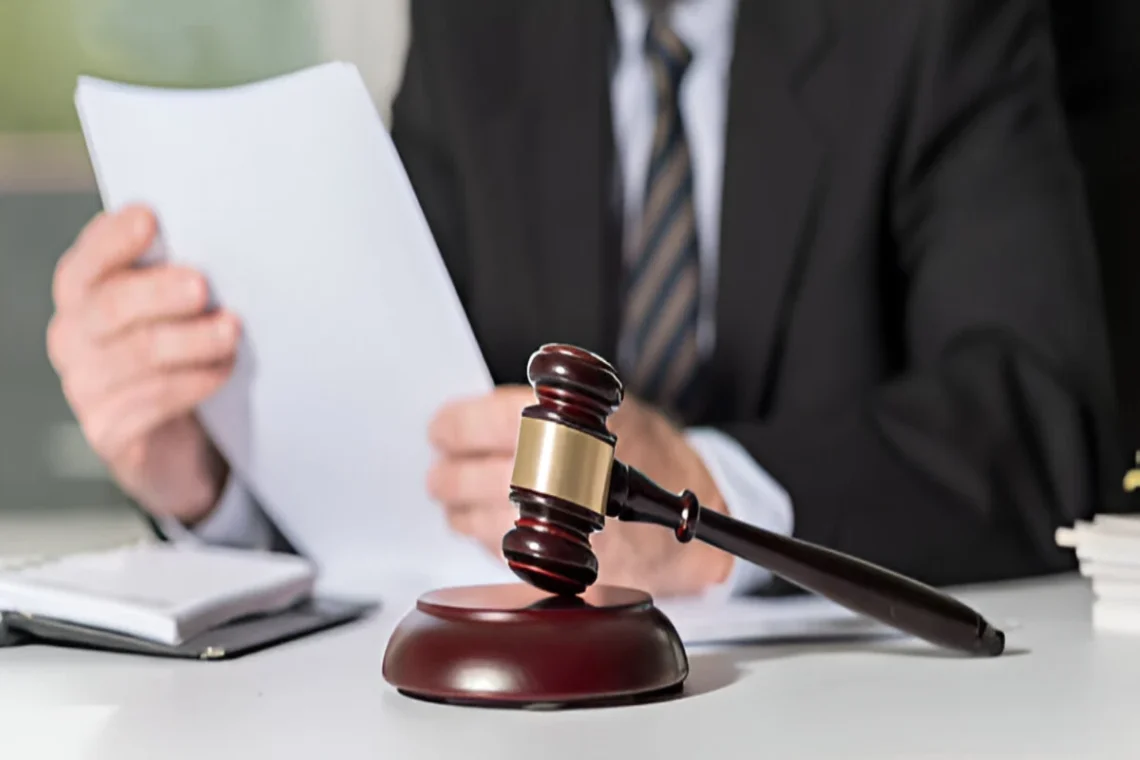A district attorney (DA) plays a crucial role in the criminal justice system, overseeing the trial of criminal cases on be-half of the state or government. The DA’s involvement typically begins when a crime is reported and continues through various stages of the criminal justice process. Here’s a detailed overview of when and how a district attorney gets involved in a criminal case:
-
Initial Crime Reporting
- Law Enforcement Investigation: When a crime is reported, law enforcement agencies, such as the police or sheriff’s department, conduct an initial investigation. This involves gathering evidence, interviewing witnesses, and identifying potential suspects.
- Referral to the DA’s Office: Once the law enforcement agency has gathered sufficient evidence, they may refer the case to the district attorney’s office for review. This referral can occur early in the investigation or after the investigation is complete, depending on the complexity of the case and the discretion of the law enforcement agency.
-
Review of the Case
- Evaluating the Evidence: Upon receiving the case, the DA or an assistant district attorney will review the evidence collected by law enforcement. This includes reviewing witness statements, physical evidence, and any other relevant information.
- Decision to Prosecute: Based on the evidence, the DA chooses whether to file criminal charges against the suspect. The DA considers factors such as the strength of the sign, the seriousness of the offense, and the likelihood of securing a conviction.
-
Filing Charges
- Issuing a Criminal Complaint or Indictment: If the DA decides to proceed with prosecution, they will file a criminal complaint or looks an indictment from a grand jury. This formalizes the charges against the suspect.
- Arrest or Summons: Depending on the situation, the DA may request that law enforcement arrest the suspect, or they may issue a summons requiring the suspect to appear in court.
-
Pre-Trial Proceedings
- Arraignment: The DA participates in the arraignment, where the defendant is officially charged and enters a plea (guilty, not guilty, or no contest).
- Discovery: The DA’s office is responsible for providing the defense with access to the evidence they intend to use at trial. This process, known as discovery, ensures that both sides have the opportunity to prepare their cases.
- Pre-Trial Motions: The DA may file or respond to pre-trial motions, such as motions to suppress evidence or dismiss charges. These waves can significantly impact the course of the trial.
-
Trial
- Jury Selection: The DA plays a role in selecting the jury, working with the defense to ensure a fair and impartial panel.
- Presentation of the Case: During the trial, the DA presents the prosecution’s case against the defendant. This involves calling witnesses, presenting evidence, and making legal arguments to support the charges.
- Closing Arguments: After presenting the evidence, the DA delivers closing arguments, summarizing the case and urging the jury to find the perpetrator guilty based on the evidence presented.
-
Sentencing and Post-Trial Proceedings
- Sentencing: If the defendant is found guilty, the DA may recommend a specific sentence to the judge, based on factors such as the sternness of the crime and the offender’s criminal history.
- Appeals: The DA’s office may also be involved in responding to any appeals filed by the defense. This includes arguing to uphold the conviction and sentence.
-
Special Circumstances for DA Involvement
- High-Profile or Complex Cases: In cases involving serious felonies, public figures, or widespread media attention, the DA may become involved earlier and more directly to ensure proper handling and to address public concerns.
- Plea Bargains: The DA has the authority to negotiate plea deals with the defense, which can result in abridged charges or sentences in exchange for a guilty plea or co-operation with law enforcement.
- Grand Jury Proceedings: In some jurisdictions, the DA may use a grand jury to investigate potential crimes and decide whether to bring charges. The DA presents evidence to the grand jury, which then determines if there is sufficient cause to indict the suspect.
Conclusion
The district attorney’s involvement in a criminal case is vital to the functioning of the criminal justice system. From the initial review of evidence to the trial and sentencing, the DA’s office works to ensure which justice is served and that the rights of both victims and defendants are respected. The DA’s decisions and actions throughout the process can meaningfully impact the outcome of a case and the overall administration of justice within the community.
Helpful Resources:
abogados en colorado springs
323 ipc
girls marriage age in india
quid pro quo harassment
divorce lawyer near me
wrongful termination lawyer
car crash lawyer
disability lawyers near me
how to drive without a license
disability attorney
medical malpractice attorneys

